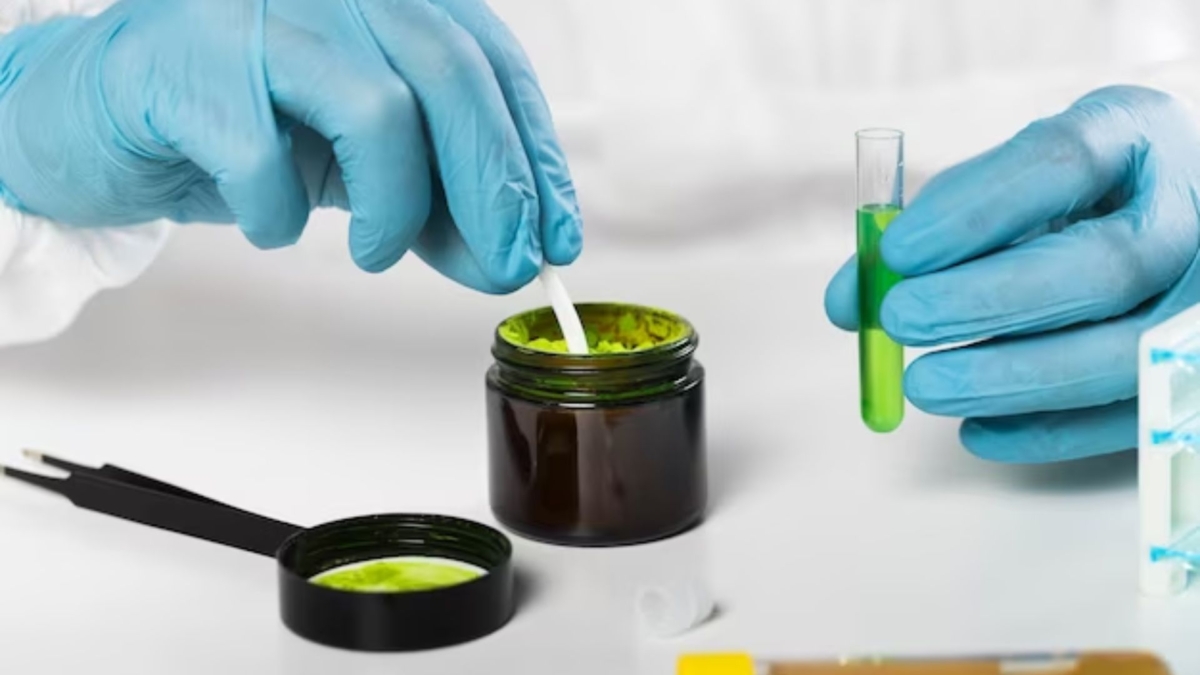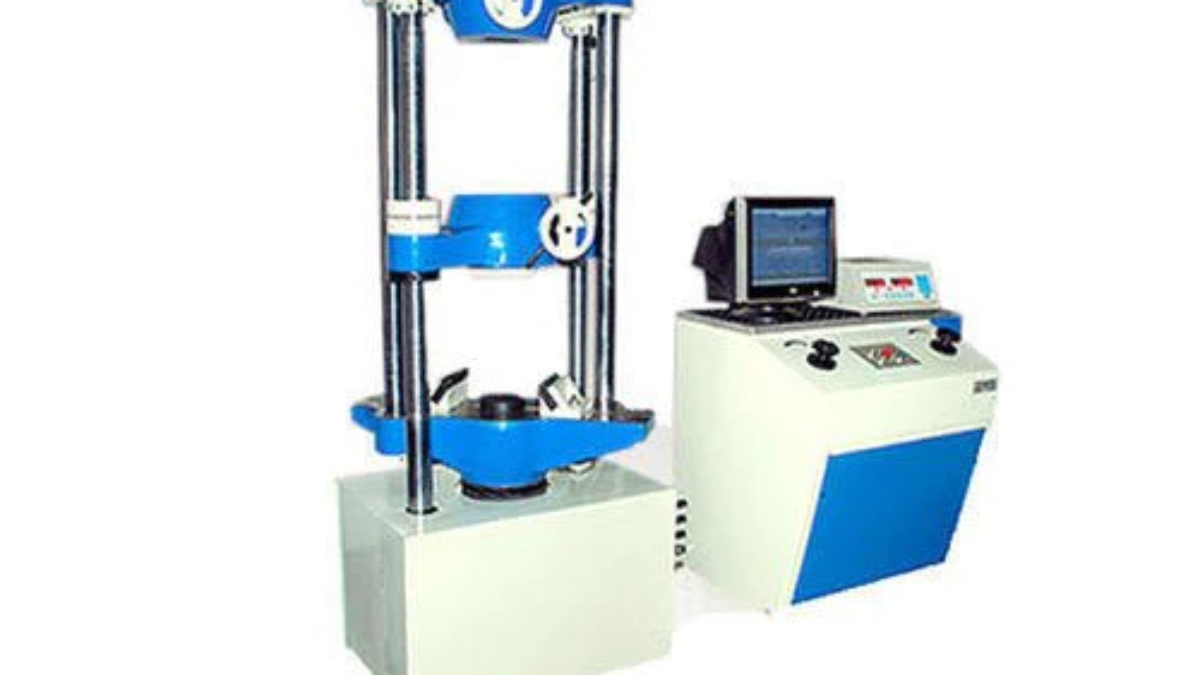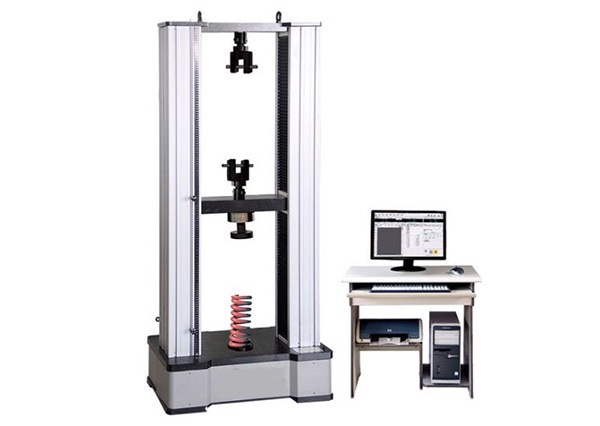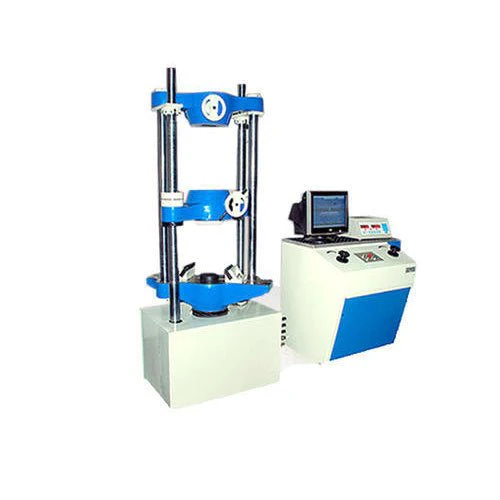Raw Material Testing Services in chennai
Introduction
In a manufacturing ecosystem as vast and diverse as India’s, the quality of your final product begins long before assembly — it begins at the raw materials. Whether you are in plastics, chemicals, coatings, pharmaceutical, metals, or composites, starting with inferior or impure inputs can cascade into product failures, costly recalls, regulatory noncompliance, and brand damage.
That’s why investing in raw material testing services in India – Kiyo R&D Lab is not just a cost, it’s an insurance—and often your most strategic risk‑mitigation step. In this blog, we will:
- Define what raw material testing encompasses
- Explain why India’s industrial landscape particularly benefits from robust testing
- Show how Kiyo R&D Lab offers end‑to‑end, accredited raw material testing services
- Walk through use cases, benefits, and client stories
- Provide a guide to selecting a raw material testing partner
- Conclude with recommended next steps
By the end, you’ll see why “raw material testing services in India – Kiyo R&D Lab” is more than a phrase — it’s a pillar of product quality, regulatory assurance, and competitive differentiation.
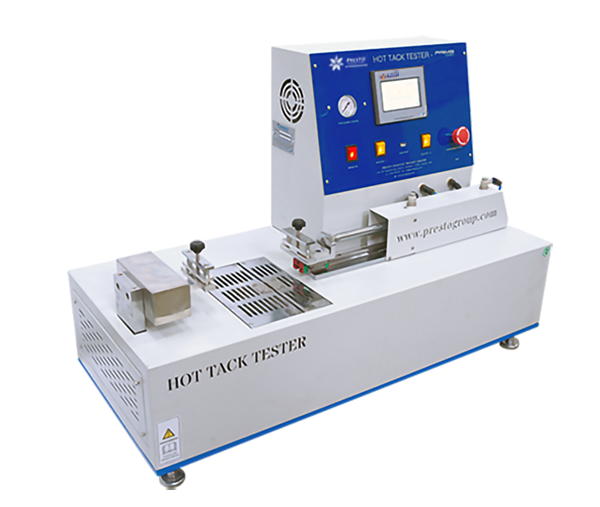
What Is Raw Material Testing?
Definition & Scope
Raw material testing means analyzing and verifying the physical, chemical, mechanical, and sometimes microbiological or surface properties of the materials you bring into your production process. This could include:
- Purity / composition (e.g. percentage of known compounds, trace impurities)
- Physical & mechanical properties (density, hardness, tensile strength, flexibility)
- Thermal behavior, thermal stability, melting, decomposition
- Surface properties (coating adherence, surface roughness, contaminants)
- Moisture content, particle size distribution, texture
- Corrosion, chemical resistance, aging, stability
- For certain industries: microbiological testing, contamination, residual solvents
Globally recognized labs (e.g. Intertek) list raw materials testing from unprocessed feedstocks to polymers, composites, chemicals, and more as part of their offerings. Intertek
In India, labs like FAN (Fan Services) provide raw materials testing across many categories — plastics, metals, composites, etc. fan-indiatestinglabs.com
In the pharmaceutical domain, raw materials must also pass stringent purity, identity, heavy metals, residual solvents, and microbial limits. Arbro (India) is one lab known for such pharmaceutical raw material testing. aurigaresearch.com
Thus, raw material testing is broad but critical: any material you purchase or receive for production should ideally be qualified before usage.
Why It Matters (Especially in India)
- Diverse Supplier Base, Variable Quality
India’s supply chain is wide and decentralized. Quality can vary significantly among suppliers, especially in raw inputs. Verifying incoming materials is a guard against variability. - Regulatory & Standards Mandates
For sectors like pharma, medical devices, food, chemicals, or aerospace, Indian regulatory bodies (CDSCO, BIS, etc.) will often require proof of material compliance, traceability, and testing. - Cost of Failure Is High
Material failure in downstream processes (e.g. coatings peeling, component fractures, chemical degradation) can lead to scrappage, warranty claims, recalls, and reputational damage. - Export & Global Compliance Requirements
If you export products or components, overseas clients or regulators may demand material certificates and validated test reports. Domestic testing labs with global standards help you meet that requirement. - R&D & Innovation Support
When developing new formulations, blends, or composite materials, reliable input data is vital. Raw material testing supports design, validation, and scale‑up.
Because raw material quality underpins every subsequent step in manufacturing, getting this foundation right via raw material testing services in India is nonnegotiable.
About Kiyo R&D Lab’s Raw Material Testing Services
When you search for raw material testing services in India – Kiyo R&D Lab, here’s what sets Kiyo apart:
Accreditation & Trust
- Kiyo R&D Lab operates under internationally recognized standards and is NABL / ISO 17025 accredited for many test scopes. This gives you confidence that methods, calibrations, and reports follow recognized practices.
- Their quality management systems (ISO 9001, etc.) ensure consistency, internal audits, equipment calibration, and traceability.
- Accreditation ensures reports are more widely accepted by regulatory bodies, certification agencies, clients, and international stakeholders.
Broad Testing Portfolio
Kiyo offers a comprehensive suite of raw material testing, covering multiple domains:
- Chemical & Compositional Analysis
– Elemental analysis (ICP, AAS)
– Spectroscopy (FTIR, UV‑Vis, NIR)
– Chromatography (GC, HPLC)
– Impurity, residuals, contaminants - Physical & Mechanical Testing
– Tensile, hardness, bend, compression, impact
– Density, porosity, specific gravity - Thermal & Degradation Studies
– TGA, DSC, thermal aging
– Heat deflection, melting / crystallization - Surface & Coating Tests
– Adhesion, peel, scratch, surface roughness
– Microscopic / SEM imaging to detect surface defects / contaminants - Moisture / Particle / Distribution
– Moisture / Karl Fischer / Loss on Drying
– Particle size distribution, granulometry - Accelerated Aging / Stability / Environmental Exposure
– UV weathering, cyclic humidity, temperature cycling - Special / Customized Protocols
If you have a proprietary standard or requirement, Kiyo can help adapt/validate methods.
Client Engagement & Process
Here’s how working with Kiyo’s raw material testing typically flows:
- Inquiry & Sample Specs
You communicate the material type, concentration, sample size, desired tests, applicable standards (ISO, ASTM, BIS, etc.), tolerances, replicates, and deadlines. - Quotation & Scope Definition
They assess feasibility, propose test plan & cost, confirm accreditation if applicable, and set timelines. - Sample Shipping & Receipt
You ship samples (with clear labeling, packaging guidelines). On receipt, the lab logs condition, acceptance checks, commences sample tracking. - Instrument Readiness & Calibration
Before testing, instruments are checked, calibrations validated, blanks/tracers prepared, QC reference standards ready. - Testing Phase
Actual testing is conducted under controlled environment, with QC checks, blank runs, duplicates, reference standards, controlled variables, documentation. - Data Processing & Uncertainty Analysis
Raw data is processed, corrections applied, measurement uncertainty calculated, QC deviations flagged. - Report Preparation & Review
A full test report is drafted: methodology, conditions, instrument IDs, calibrations, results, any caveats or anomalies, analyst sign-off, accreditation seal if applicable. - Client Review & Feedback
You review the report. If questions or clarifications are needed, the lab supports you, may suggest interpretations or reanalysis (if warranted). - Archive & Follow-up
Test data is archived per quality system; the lab supports recurring testing or batch validation for you.
Because Kiyo handles both standardized tests and custom demands, it is well suited for clients across industries.
Unique Strengths & Differentiators
- Deep domain knowledge across polymers, coatings, chemicals, metals, composites
- Strong controls around calibration, traceability, uncertainty
- Consultation and interpretation support (not just “run the test”)
- Flexible customization & method adaptation
- Good turnaround times, supportive client communication
- Based in India, but with practices aligned to global expectations — meaning reports are acceptable domestically and abroad
Use Cases & Benefits: How Raw Material Testing Delivers Value
Use Cases by Sector
- Polymer / Plastics / Rubber
- Verifying polymers from suppliers (e.g., resin composition, additives)
- Detecting contaminants or deviations in batches
- Ensuring proper filler dispersion, plasticizer levels
- Testing thermal stability, degradation, molecular weight distribution
- Coatings, Paints & Adhesives
- Qualifying pigments, binders, solvents, additives
- Checking impurity, moisture content, particle size
- Validating adhesion, crosslinker levels
- Metals & Alloys / Composites
- Verifying alloy composition, trace metals, microstructure
- Detecting impurities, grain structure, defects
- Surface cleanliness, oxidation layers, coatings
- Pharmaceutical & Chemical
- API / excipient identity, purity, heavy metals, residual solvents
- Microbial load, moisture content, stability of raw ingredients
- Automotive / Aerospace
- Materials used in critical components (metal, polymer, composites) must meet exacting spec
- Testing of incoming raw inputs for fatigue, thermal stability, contamination
Benefits & Return on Investment
- Reduced Defects & Failures
Early detection of subpar materials prevents cascading failures downstream. - Cost Savings Over Time
Fixing issues early is far cheaper than recall, rework, scrap, or warranty. - Regulatory & Certification Readiness
With proper testing, you are audit-ready, product‑compliant, and export‑ready. - Better Negotiation with Suppliers
Having your own test data empowers you to hold suppliers accountable. - R&D & Material Innovation
Testing helps you experiment, iterate, and validate new formulations with confidence. - Brand & Customer Confidence
Clients will trust your claims when you can back them up with credible lab reports. - Litigation / Contract Protection
If disputes arise over material quality, validated test reports can serve as strong evidence.
Illustrative Example
Suppose a coatings manufacturer sources a new pigment batch. Without testing, a batch may include higher moisture or higher impurity levels, affecting color stability, curing behavior, or adhesion. But by pre‑testing the raw pigment (moisture, particle size, purity), you can detect and reject subpar batches before they enter production. That avoids costly coating failures or warranty claims down the line.
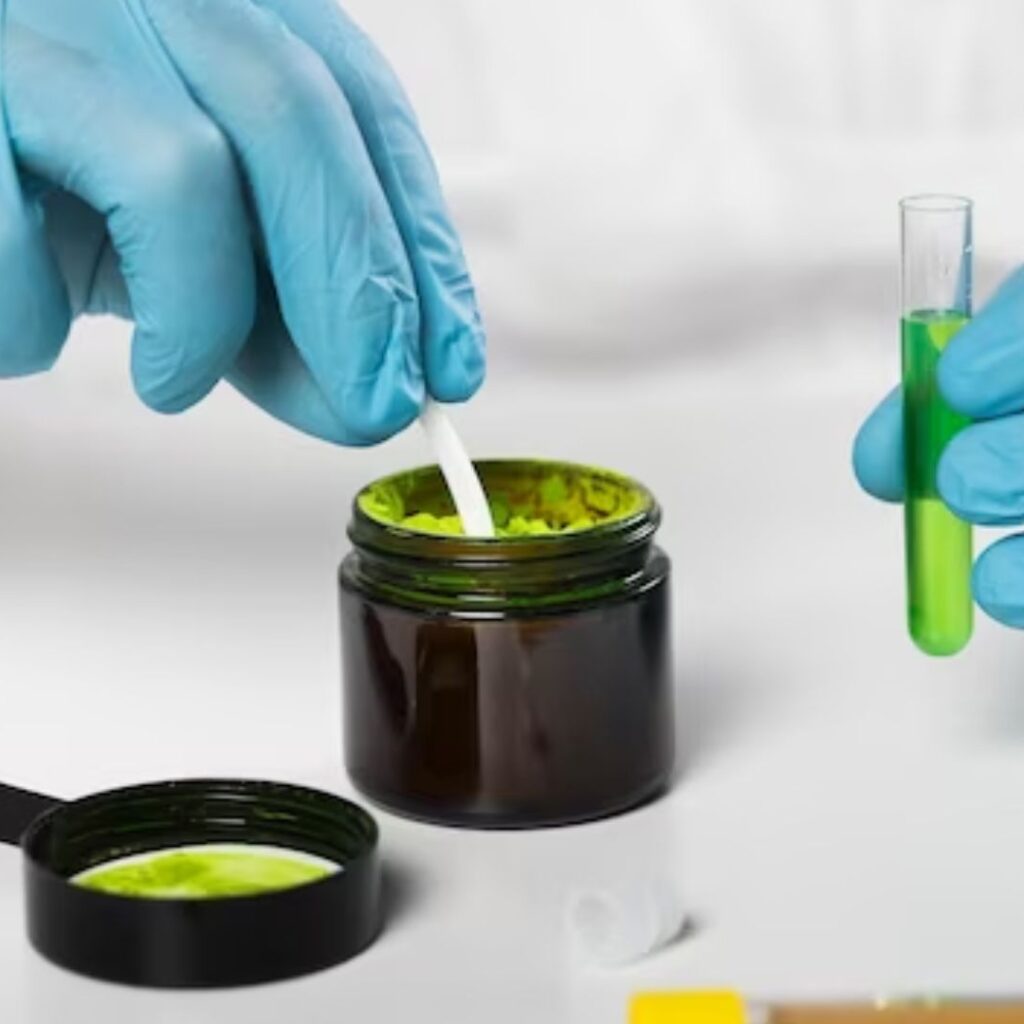
How to Select the Right Raw Material Testing Partner in India
Choosing a test lab is not trivial. Here is a checklist you (as a client) should use, with how Kiyo R&D Lab matches up.
Selection Criteria & Questions
| Criteria | What to Ask / Check | Ideal Answer |
|---|---|---|
| Accreditation / Certifications | Is the lab NABL / ISO 17025 accredited? | Yes, with visible scope covering your required tests |
| Scope & Domain Expertise | Has the lab handled tests of your domain (polymer, coatings, pharma, metal)? | Yes, with case studies or references |
| Method Validation & Traceability | Are test methods validated? Can they provide traceability for calibration? | Yes — they maintain calibration records, uncertainty budgets |
| Custom Methods | Can the lab adapt or validate custom protocols? | Yes, with adequate documentation and negotiation |
| Quality of Reports | Share example test reports — do they include enough detail (conditions, instrument IDs, uncertainty, metadata)? | Reports are comprehensive, transparent, easy to interpret |
| Turnaround Time & Logistics | What is sample transit time, lab backlog, priority handling? | Reasonable and predictable timelines, rush options |
| Support & Interpretation | Does the lab help you understand results, root causes, improvements? | Yes — willing to discuss findings, suggest fixes |
| Cost Transparency | Are costs itemized (per test, retest, shipping)? | Clear, no hidden charges |
| Data Integrity & Security | Is there version control, digital signatures, anti-tamper measures? | Yes, robust data security and report authenticity |
Kiyo R&D Lab is typically strong in many of these areas, especially in accreditation, domain experience, report quality, and client support.
Conclusion & Call to Action
Reliable products, regulatory compliance, and customer trust begin with the raw materials you use. If your materials aren’t qualified, every downstream process is at risk.
By choosing raw material testing services in India – Kiyo R&D Lab, you get:
- Accredited, high‑integrity test results
- Wide spectrum of chemical, physical, surface, thermal, mechanical analyses
- Method validation, traceability, uncertainty assessment
- Support in interpreting results, troubleshooting, and continuous improvement
- A competitive edge in compliance, innovation, and brand reputation
If you’re planning new production, scaling operations, or preparing for regulatory or export audits, reach out to Kiyo R&D Lab. Send them your sample specs and test requirements, ask for a quote, request sample report formats, and compare multiple labs using the checklist above.
To boost SEO authority for your blog (with “raw material testing services in India – Kiyo R&D Lab”), try to secure these types of high-impact backlinks:
- Standards / Accreditation Organizations
- NABL (nabl-india.org) or ILAC – request listing or directory inclusion
- Industry Associations / Trade Bodies
- Polymer / Coatings / Chemical associations in India linking to testing lab directories
- Academic / Research Institutions
- Collaborate on a paper or project with a university or R&D center and have them cite/link your blog
- Government or Regulatory Portals
- If possible, be listed as a recognized lab in government / quality control agency websites / procurement portals
- Reputed Industry Publications & Media
- Write guest posts or press releases in chemical, materials, industrial magazines or portals linking to your blog

